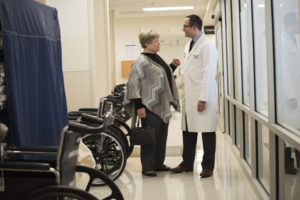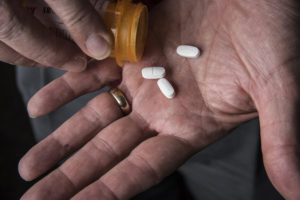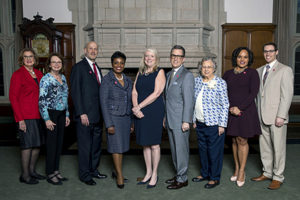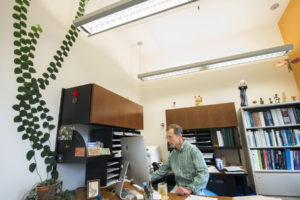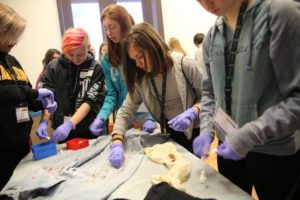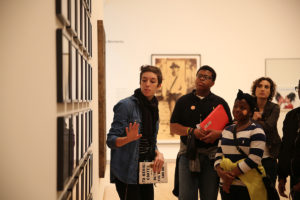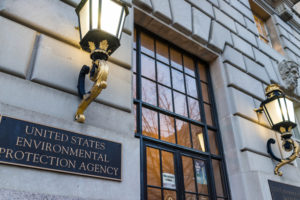Opioids, including heroin and prescription drugs, killed more than 33,000 people in 2015, more than any year on record, according to the CDC. President Trump’s proposed budget aims to address the crisis with a $500 million increase in prevention and treatment, but it isn’t enough to address the issue, says an expert on substance use disorder treatment.
